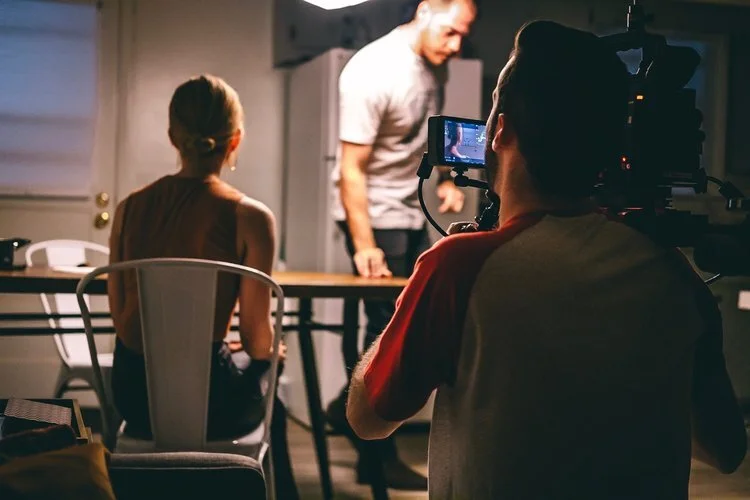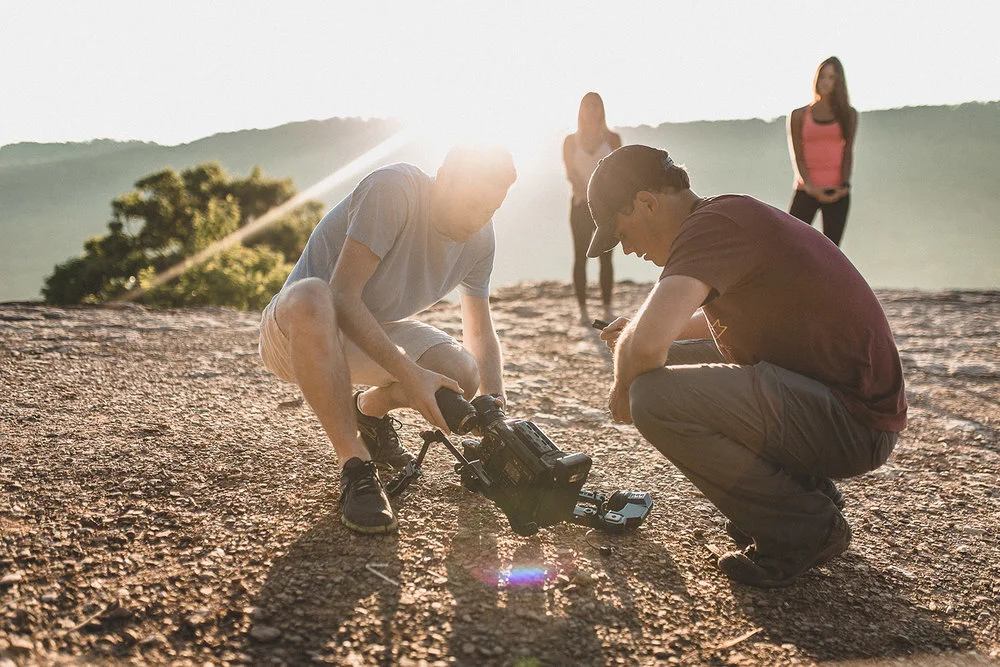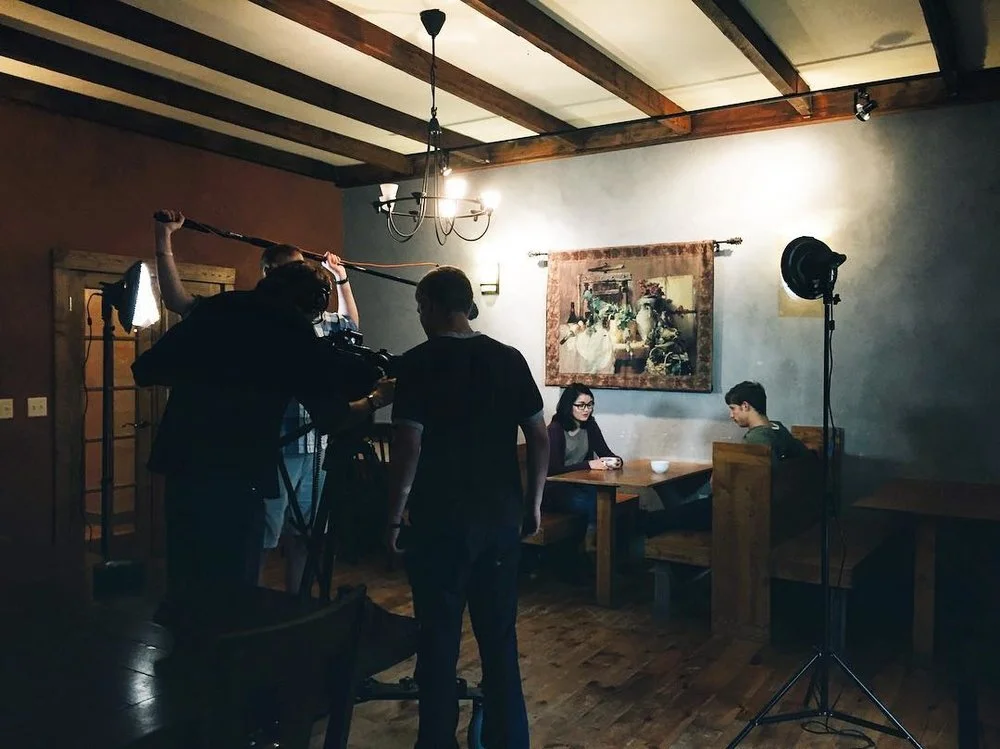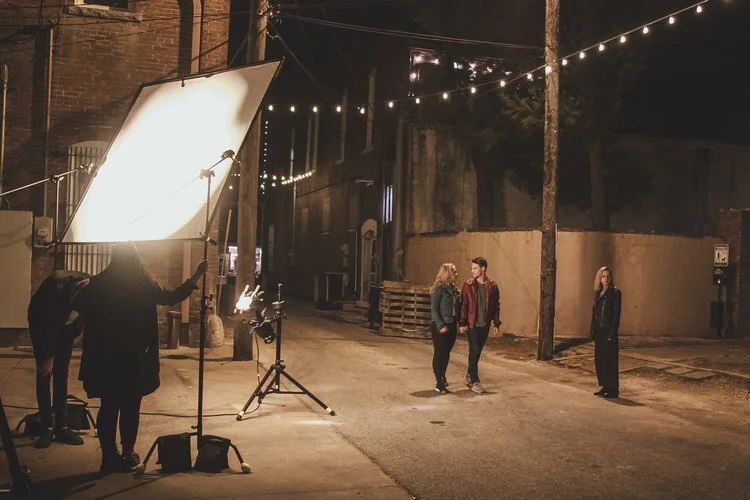Strangers in a Foreign Land
We filed through the metal detector, placing our bags on the conveyor belt and stepping through the rows of security guards. We carried with us piles of papers of bank details and letters from our school and the colleges we hoped to attend, as well as details of all the vaccines we'd had to get. After sitting nervously in-line, my number was called. I approached the glass window to begin my visa interview.
For anyone who's had to endure the process of trying to work in a foreign country (such as America, in my case), you know how convoluted the process can be. For me, that's meant things like living under an expired visa for a year, having to update my I-20 every couple of months, struggling to find employers willing to join me in the naturalization process, and a never-ending stream of paperwork and legislation to get through.
With the current administration trying to shut off any extraneous methods of applying for work or citizenships, the road ahead could be more difficult than ever. Don't misunderstand me. I love this country, and the opportunities it's afforded me, and I can understand national fears of security, to a degree. But it does make things a lot more difficult for people like me.
Here's a quick breakdown of my journey so far:
After applying for a visa in Kenya (where I was at boarding school), I had to have an interview at the US embassy in Nairobi.
The embassy offered me a 3-year, F1 student visa (for a 4-year course), and I was on my way.
I could work on the college campus, as the money I earned was regarded as scholarship, rather than compensation, but I was restricted from working off-campus.
To take a summer internship in Chicago, I used my CPT (Curricular Practical Training) allowance, and earned class credit from the job, so that I didn't use up my work allowance.
After graduation (expired visa in-hand), I took an internship under OPT (Optional Practical training) - if accepted, any student has a total of 12 months of OPT allowance after graduation, along with up to 90 days of unemployment.
I'm now in a job, hoping to apply for an OPT extension, since my job falls into one of the STEM categories. The only caveat is that you can only apply for a STEM extension no more than three months before your OPT period ends.
My other options include: studying further, obtaining a visa through a willing employer, obtaining naturalisation through marriage or simply packing my bags and heading home.
All that is to say, if you're an international studying in the US, considering coming over, or trying to figure out if you should just stay home, my advice would be to just give it a shot. The process can be stressful and confusing at times, but if nothing else, the US gives provisions for foreigners to work, even for a short amount of time, to gain experience. During that time, you can figure out what to do next, and if you want to take part in the visa process.
If you're planning to apply for extended education in the US, it's good to remember that the system is offset about half a year from the rest of the world. This means it's probably worth applying, because if you don't make it in or earn enough scholarships, you'll have plenty of time to adjust and apply on a different continent.
I was surprised to not find any information online regarding internationals hoping to work in digital media, so I’ll continue sharing my process as it moves along. Let me know what your experience has been trying to work in the States.
We left the US embassy in Nairobi feeling elated. We were going to America. Little did I know that that was the first step of many into a new life of stamps, signatures and occasional frantic scrambles as I tried not to fall behind. Was it worth it?
Absolutely.
After all, it is a small world
-Kyle Fossé












Kyle discusses three ways that different cameras have their own personalities, and how they can inform your decisions about what to film on.